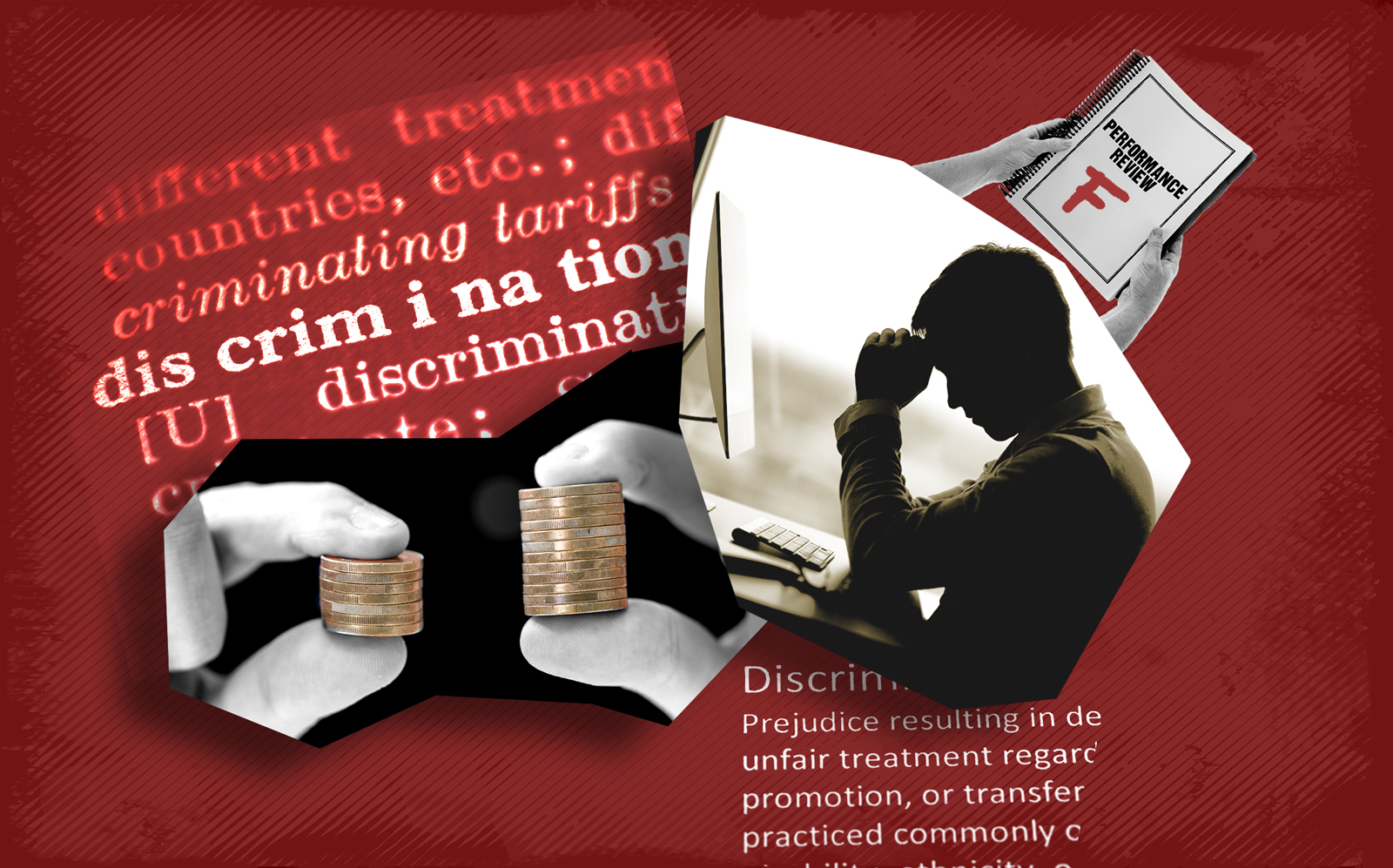A former Cushman & Wakefield senior accountant is claiming he and other employees of color on his team were paid less than white colleagues with comparable experience.
In a federal suit filed last week, Ivan To Man Pang, who is Chinese, said when he complained to his supervisor in Manhattan about the discrepancy, Cushman retaliated. The company gave him a poor performance review, falsely claimed he made several mistakes and missed deadlines, and then fired him for forwarding an email to his personal account, according to his suit filed in the Southern District of New York.
He is seeking his job back and $100,000 in damages.
At least five other discrimination suits have been filed against Cushman since 2018 in federal court, involving allegations of gender, race, age and disability bias, a review of cases show. The Real Deal previously reported on two of those suits.
The ones that were not reported on include Andrea Pesacov’s suit in October 2018. The former senior director of retail services for Cushman’s Philadelphia and New England region alleged she was sexually harassed by co-workers and by her boss. Her suit was filed in Pennsylvania. Pesacov took time off because of a medical emergency, and when she returned, she was fired, the suit alleged. Her case was eventually settled.
In a 2018 suit filed in Tampa, Florida, Luis Valdivieso said Cushman discriminated against him because he is Hispanic. Valdivieso, a maintenance engineer, said he was subjected to disparaging comments, denied promotions, provided with less favorable working conditions and eventually terminated. And in a suit filed in Missouri in 2019, Carol Gaal said she was let go because of her age, and was denied reasonable accommodation for an eye disability.
A Cushman spokesperson would not discuss any of the lawsuits, saying the company does not comment on ongoing litigation. Pang, who filed his claim himself, did not respond to requests for comment. Lawyers for Valdivieso and Gaal did not respond to requests for comment.
In Pang’s case, he alleges his $75,000 starting salary in 2014 was below the comparable range of $90,000 to $110,000 that his white colleagues were paid.
He received excellent reviews from supervisors, Pang alleges, but that changed in 2018 when he complained about his pay. He was given a poor performance review for the year, followed by a larger workload, according to the suit.
Read more



Pang analyzed the salary of the seven other employees on his eight-member team over a five-year period. Pang provided a copy of those salary comparisons as part of the lawsuit. Including a manager and director, the team had three people of Chinese descent — two men and one woman — one of Dominican descent — a woman; along with three white women and one white man, according to the data sheet Pang included.
He claims the salary increases of his white colleagues ranged from 19 to 36 percent, while the people of color received salary increases ranging from 11 to 16 percent.
In late April 2019, Pang received a three-page “Memo of Expectation” from his supervisor, also included in the lawsuit. The supervisor called him a “valued member of the accounting team” but detailed a number of alleged mistakes, missed deadlines and behavior issues. The memo also said that Pang used his position to access a co-worker’s salary for the purpose of the comparison, which was inappropriate. The supervisor warned Pang that if his performance did not improve and other issues weren’t addressed, he would be terminated.
When Pang protested, saying that the mistakes were falsified, he was suspended, the suit alleges. Claiming he was desperate to find ways to prove his innocence and refute the claims, Pang forwarded work emails to his personal account, he said. He alleges that Cushman then fired him, saying he violated company policy, a rule he didn’t know existed.
Pang included in his lawsuit an updated version of the “Memo of Expectation” that is dated mid-May, saying the director of employee relations revised it to correct inaccuracies in its allegations.
Pang also brought the discrimination claim to the Equal Employment Opportunity Commission’s New York office. The office dismissed the case. In its letter to him, the agency concluded it failed to find “violations of the federal laws enforced by this agency,” but added that did not mean Cushman had complied with the law.
